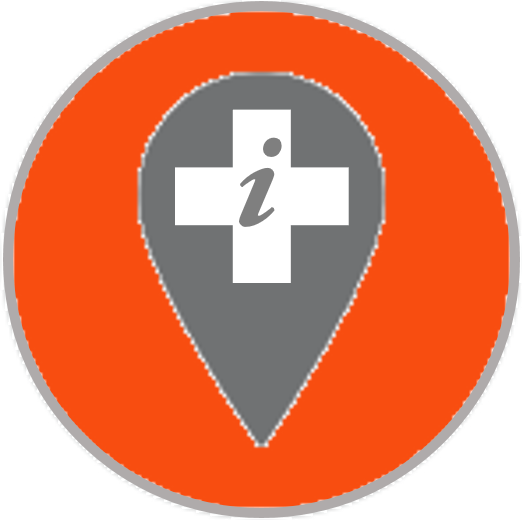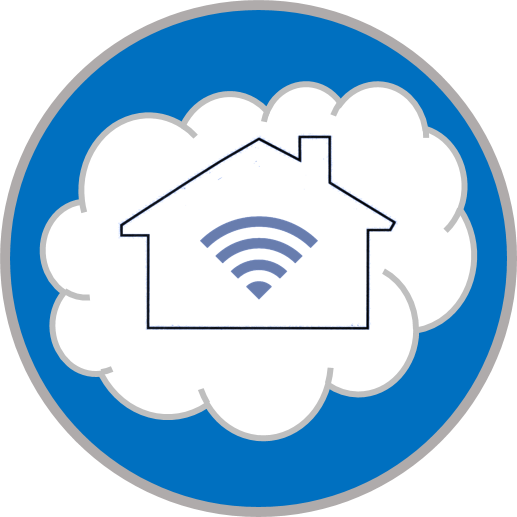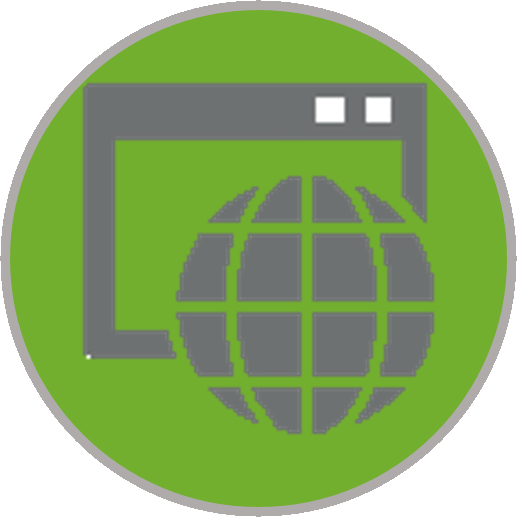
creating a University-Enterpise Alliance for a spatially Enabled Society




EUROPEAN PROJECT
⇔
SUCCESSFULLY COMPLETED
In the Geographic Information (GI) sector there is a gap between the knowledge currently being offered by the European universities and the knowledge and skills requested by the enterprises and public authorities.
This is partly due to a fast technological development but also due to recent societal changes, for instance the EU INSPIRE Directive and the e-government action plans within the member states.
The giCASES project will develop new methods for co-creation of knowledge, where industrial partners and universities will jointly develop new case based learning material based.
The new learning material and collaborative teaching will also be tested in university settings.
The case studies will be developed using a collaborative platform, where enterprises, universities and also students will collaborate.
Project Objectives
The wider objectives of this project are:
-
to enable and strengthen innovation in GI education and industry
-
to facilitate the collaborative creation, management and sharing of knowledge.
These objectives are addressed by developing new, innovative and multidisciplinary approaches to teaching and learning within the Geographic Information (GI) sector, and facilitating the exchange, flow and co-creation of knowledge.
In particular, the specific objectives of this project are:
-
to improve the quality and relevance of GI courses provided by the University members of the consortium;
-
to facilitate the growth of new knowledge-sharing processes and tools between enterprises and universities;
-
to improve the management of knowledge by the partners.